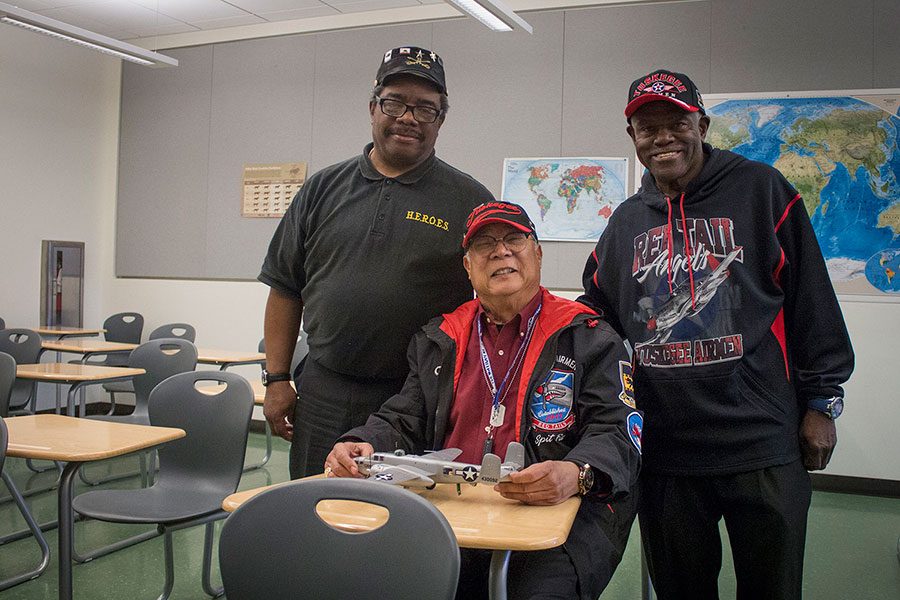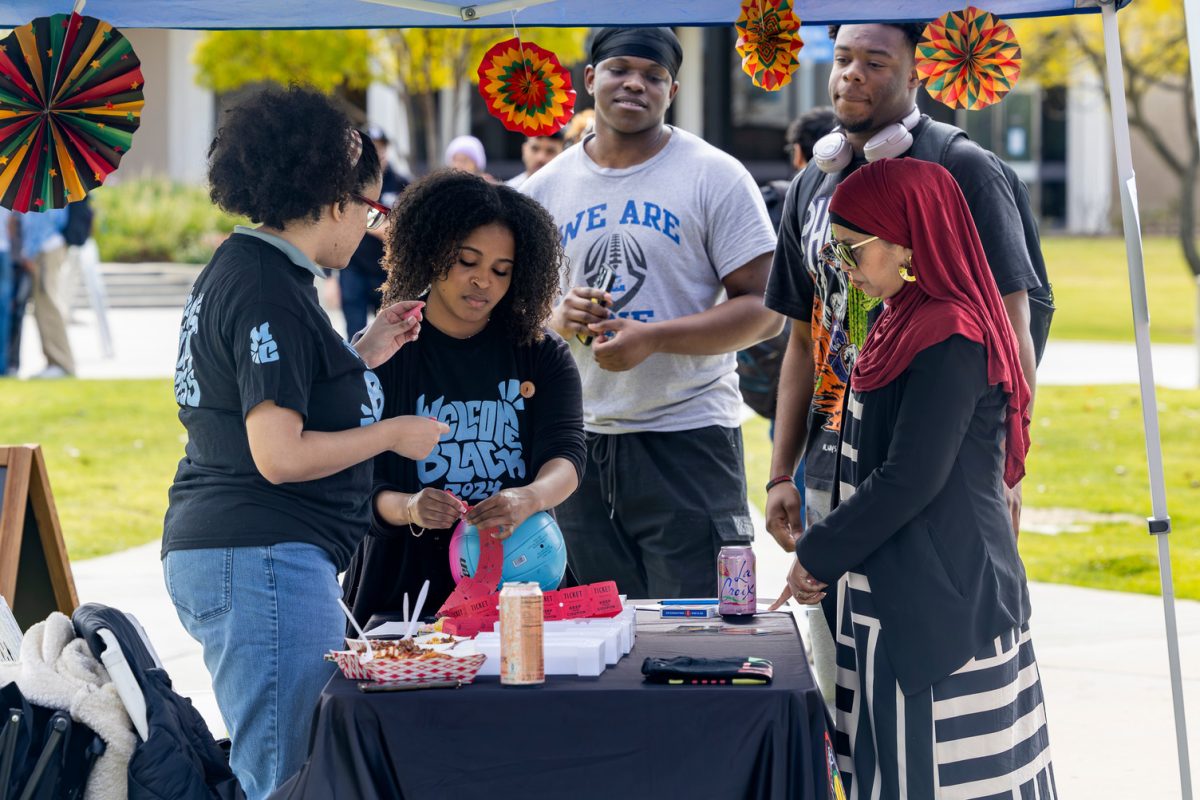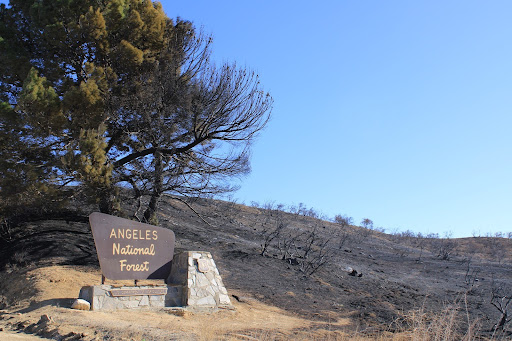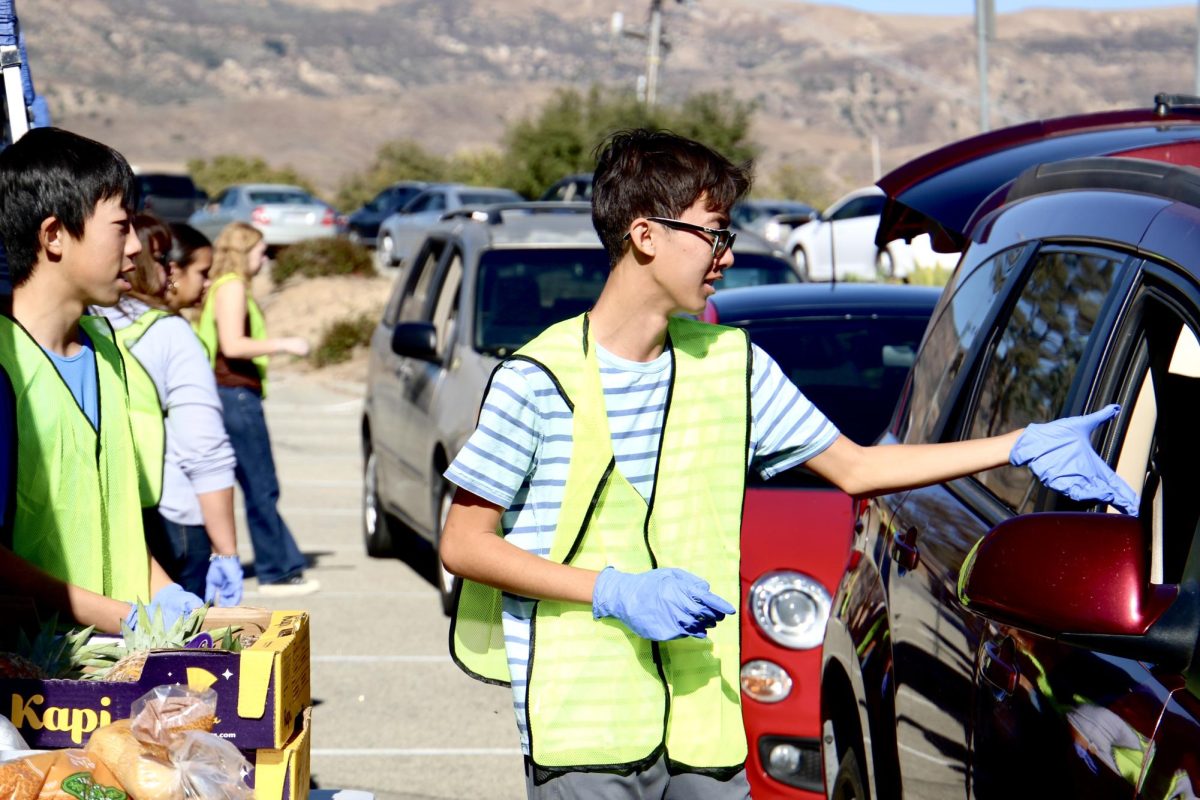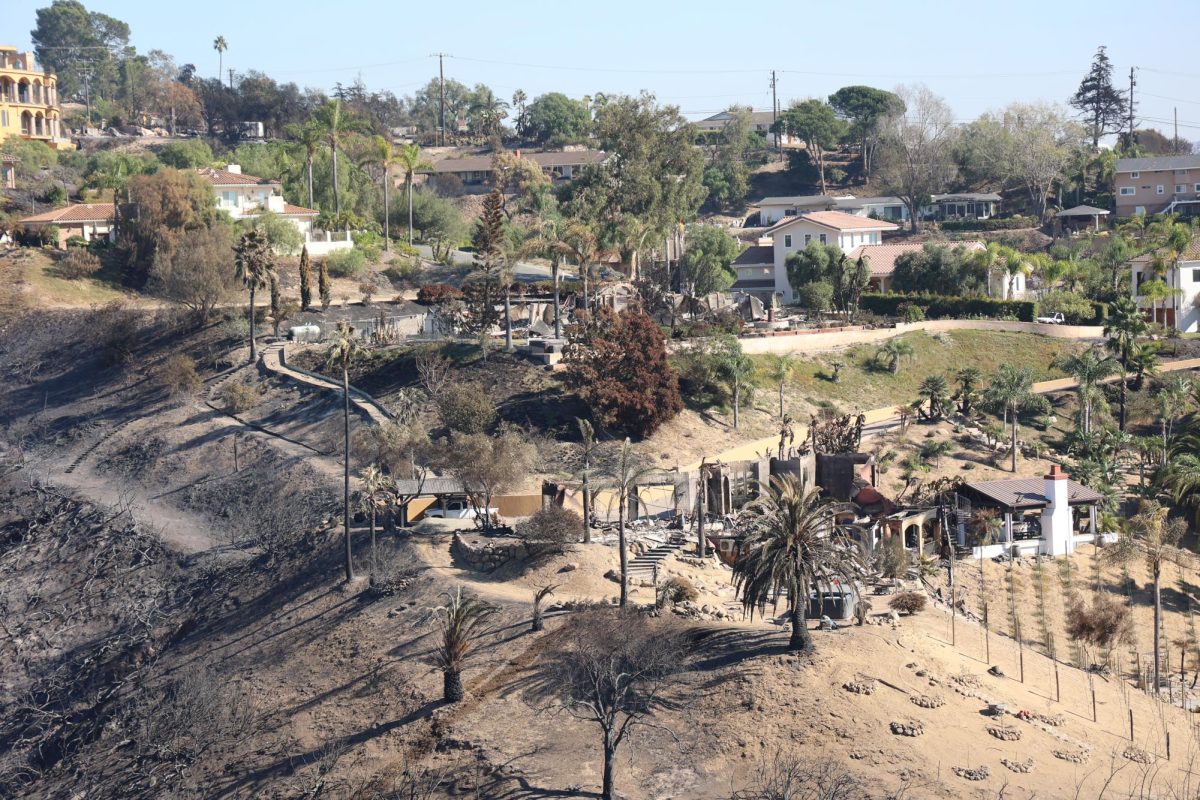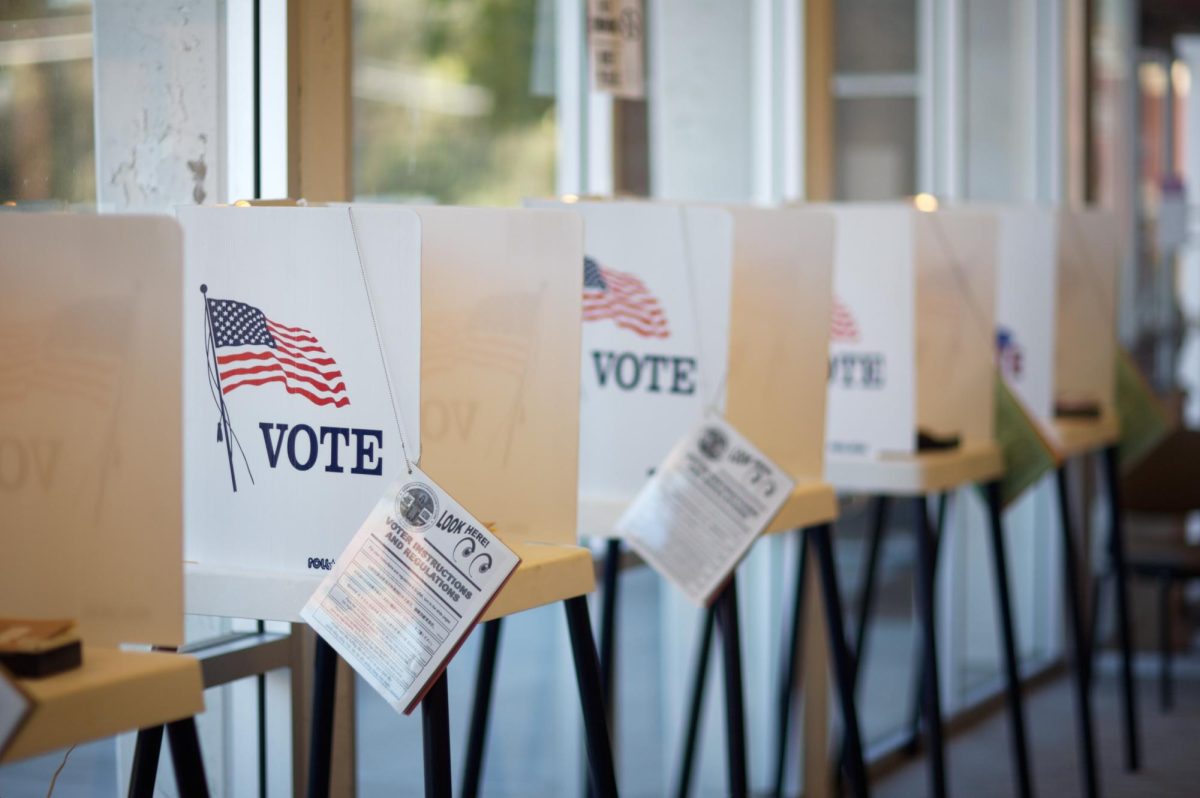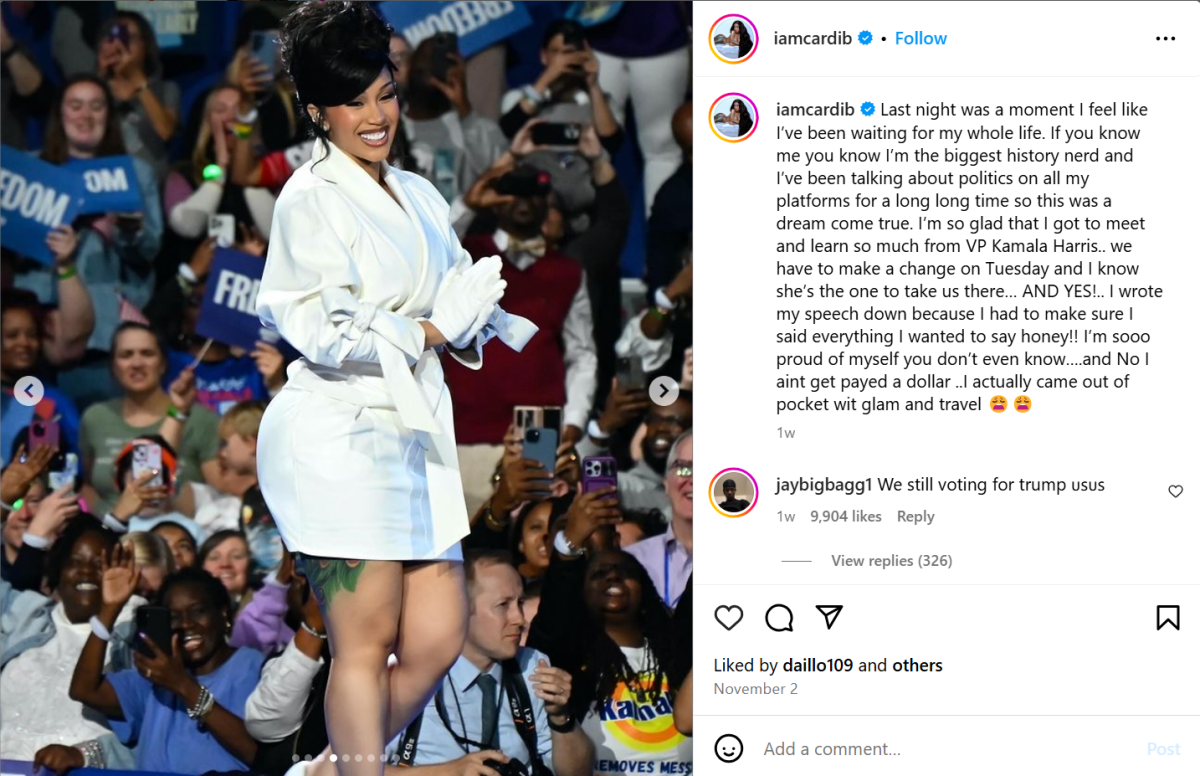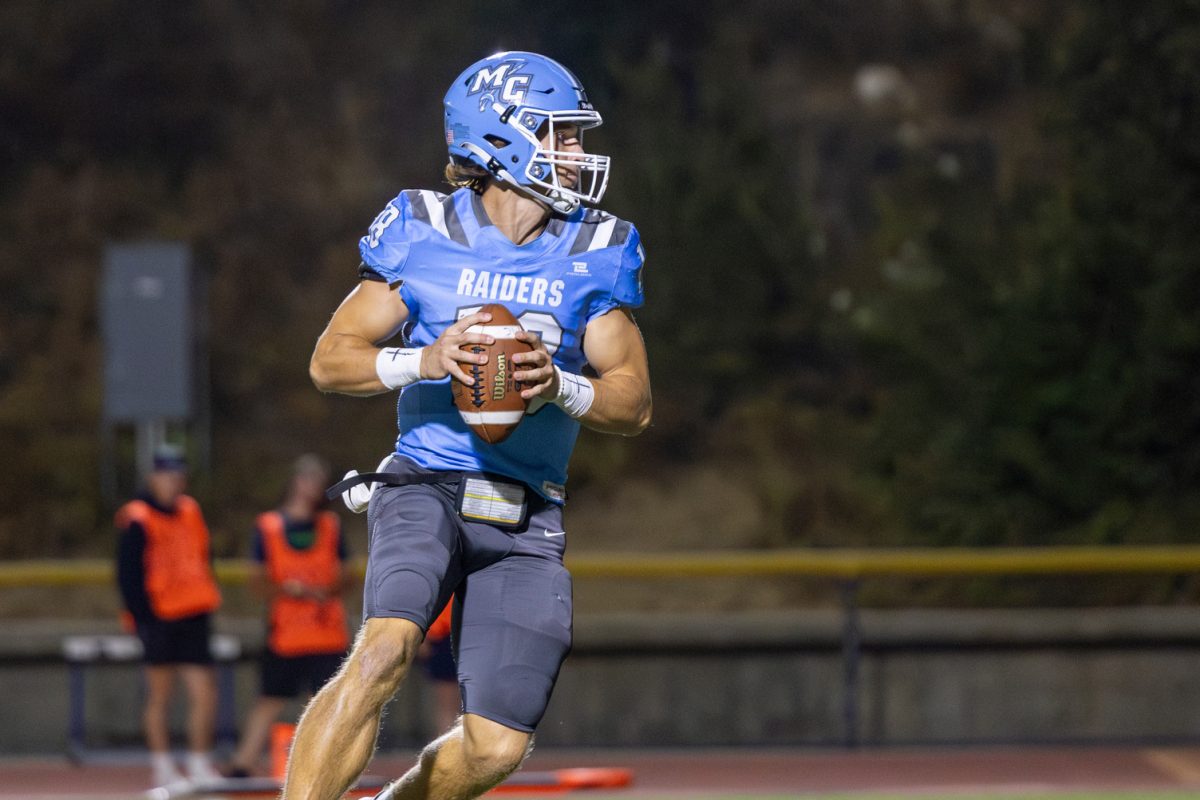As the country celebrates the successes of African-Americans during the month of February, Moorpark College opened its doors to military history enthusiasts who wish to teach and inspire the next generation.
Three members of the Tuskegee Airmen Legacy Project Showcase visited the campus on Wednesday in order to educate students on the overlooked history of African-American servicemen and women. The presentation included informational slideshows, miniature replicas of planes and toy servicemen built by the members.
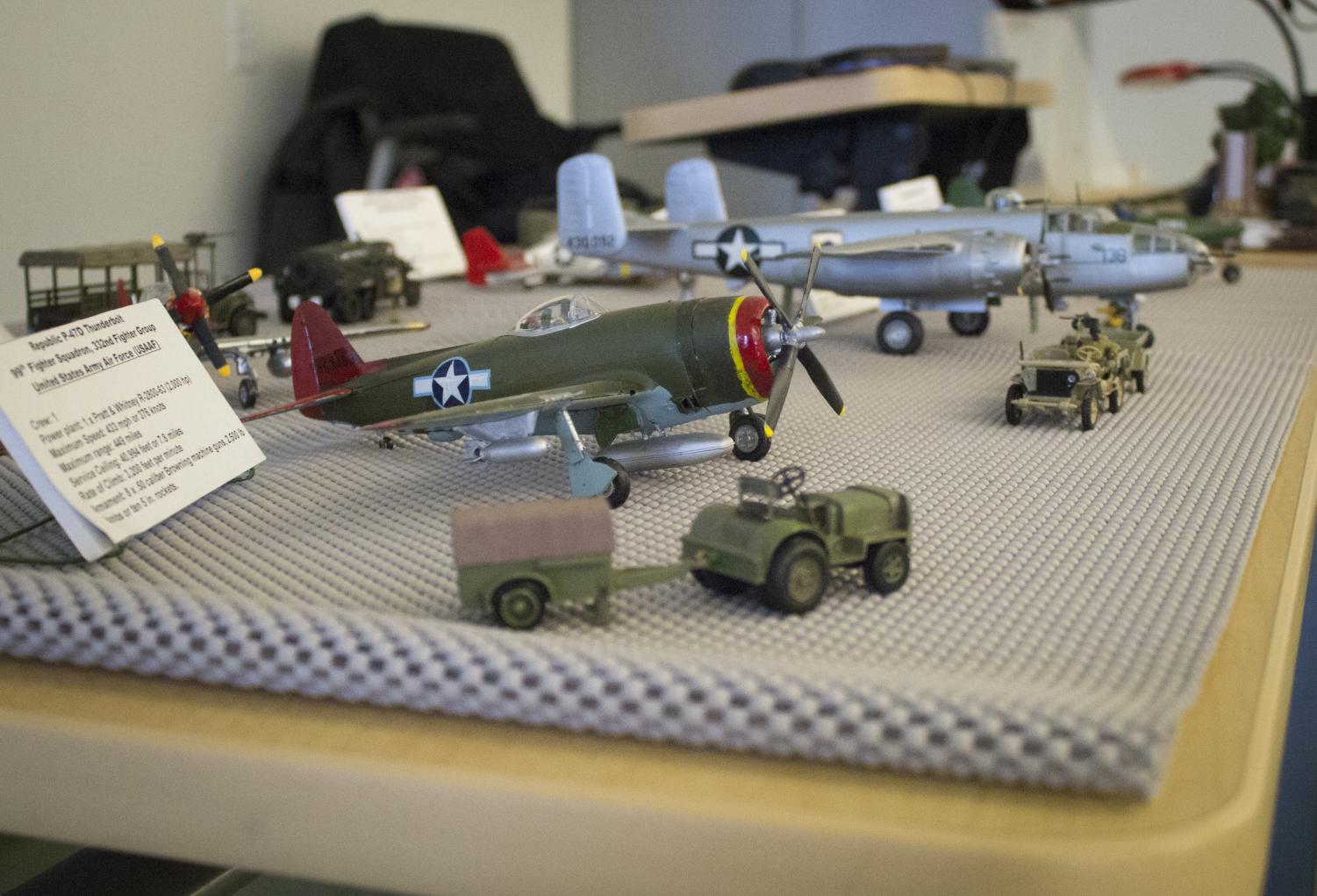
According to the project’s historian director, Bruce Stewart, the purpose of their showcase is to share the legacy of unsung African-American heroes dating all the way back to the Revolutionary War. It highlights the lasting effects of the Tuskegee Airmen during World War II.
“We do this to remind people that [African-Americans] have always fought in wars,” Stewart said. “Tuskegee Airmen helped integrate the military and break stereotypes.”
Stewart also shared personal pictures of his step-father, Lieutenant Colonel Leo R. Gray, who served as a Tuskegee Airman himself. Unfortunately, Gray passed away in 2016, leaving a powerful legacy for his family to carry on.
Fellow speaker, Lawrence Lee, presented a thorough history of African-American participation in key military campaigns. It includes the 54th Regiment Massachusetts Volunteer Infantry, famously depicted in the movie “Glory.”
Lee is the founder of a movement called Honoring Excellence Regardless Of Ethnic Stereotypes, or HEROES for short, which acknowledges the military accomplishments of all ethnic groups.
One of the first integrated combat units included J. Cameron Wade, a black soldier out of 2,221 other black volunteers who offered to fight on the front lines next to white soldiers in 1944. According to Lee, these 2,221 volunteers surpassed the military’s expectation, influencing President Harry Truman to consider military desegregation.
These volunteers were never fully honored until President Bill Clinton recognized their achievements in 1994, after Wade formed the Association of the 2,221 Negro Volunteers. Wade and other volunteers later received Bronze Star Medals for their unseen heroism.
Justin Larson, a Moorpark College freshman, attended the event reflecting on how recently the military considered African-Americans equal to white soldiers.
“It shows us how far we’ve come,” Larson said. “People today might think it’s a no-brainer to integrate, but it wasn’t always like that.”
Desegregation may have been simple on paper, but Lee outlined the slow process of desegregating the military. He explained that rules cannot always change the minds of the soldiers who are supposed to follow them. According to Lee, although President Truman signed an executive order in 1948 abolishing discrimination in the military, it took many years for African-Americans to gain equality on the battlefield.
Lee expressed his confusion with the concept of not trusting a person who is fighting by your side. Skin color should not matter when a person is saving your life, but we should never disregard someone’s background, Lee shared.
“We should never be color-blind, but color-aware,” Lee said.
Lee and Stewart both championed the idea of celebrating the positive aspects of one’s cultural heritage and connecting to the heroes that blazed the trail before one’s generation.
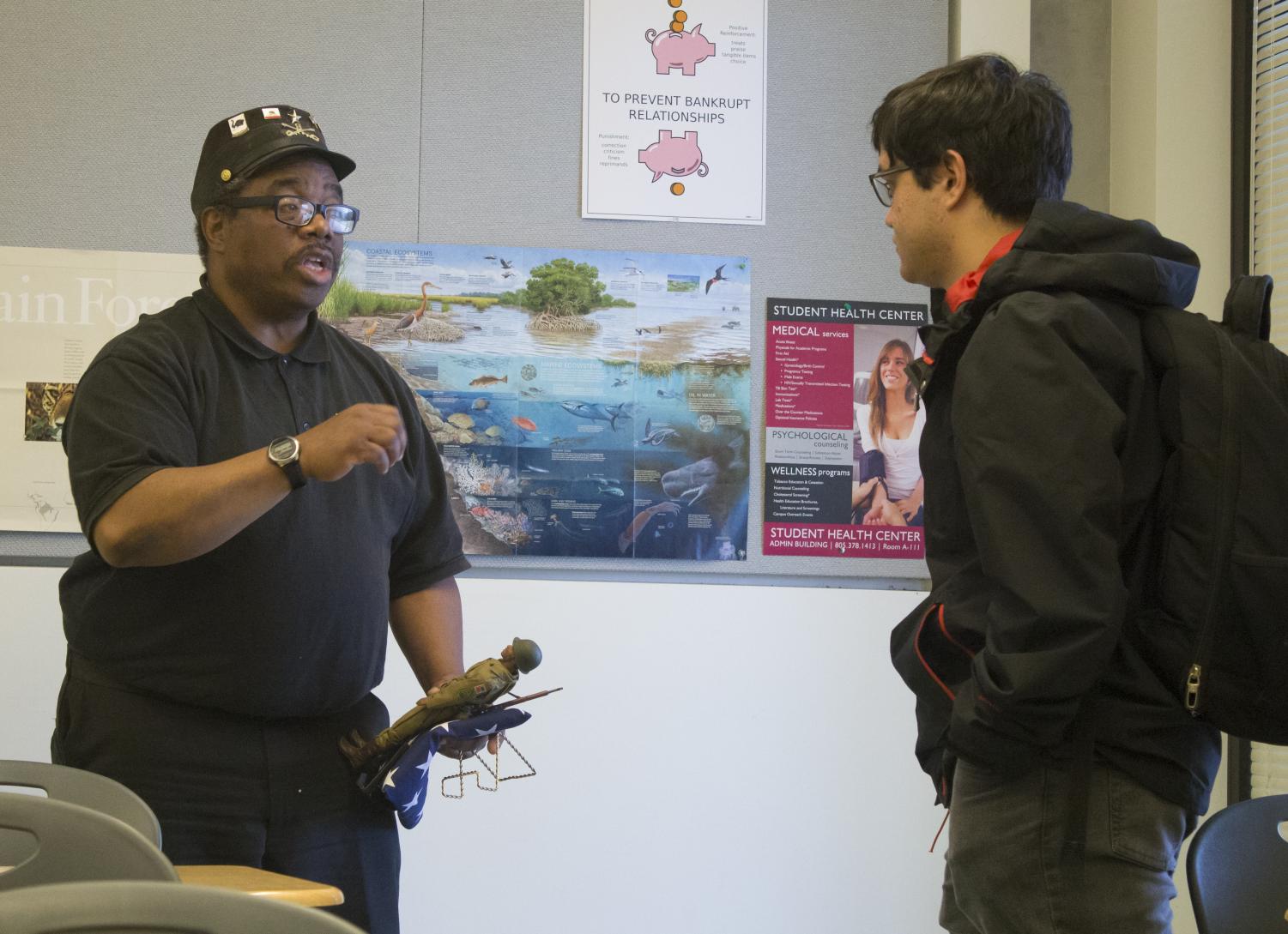
Tim Lumas, a criminal justice professor, attended the presentation. He described his family’s personal experience as people of color in law enforcement and military service. Lumas believes racism is still prevalent today, but is a fixable problem.
“The generation before me, and my generation didn’t make that change,” Lumas said. “This generation is the one that has to make a change.”
Stewart shares a similar wish for the youth of today, in that he wants them to look to the past generation and learn from their mistakes, as well as their triumphs. To Stewart, the Tuskegee Airmen have had a lasting legacy that may inspire hope in future generations.
“It shows young African-Americans that they can do anything,” said Stewart. “These young men just wanted to fly, and they did.”

